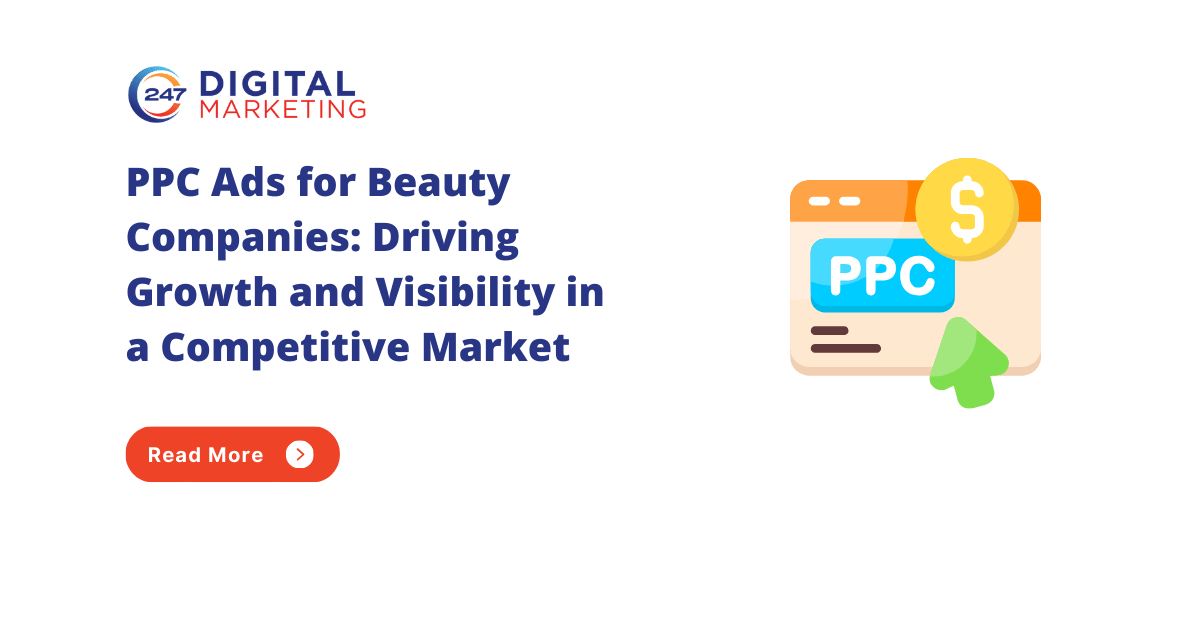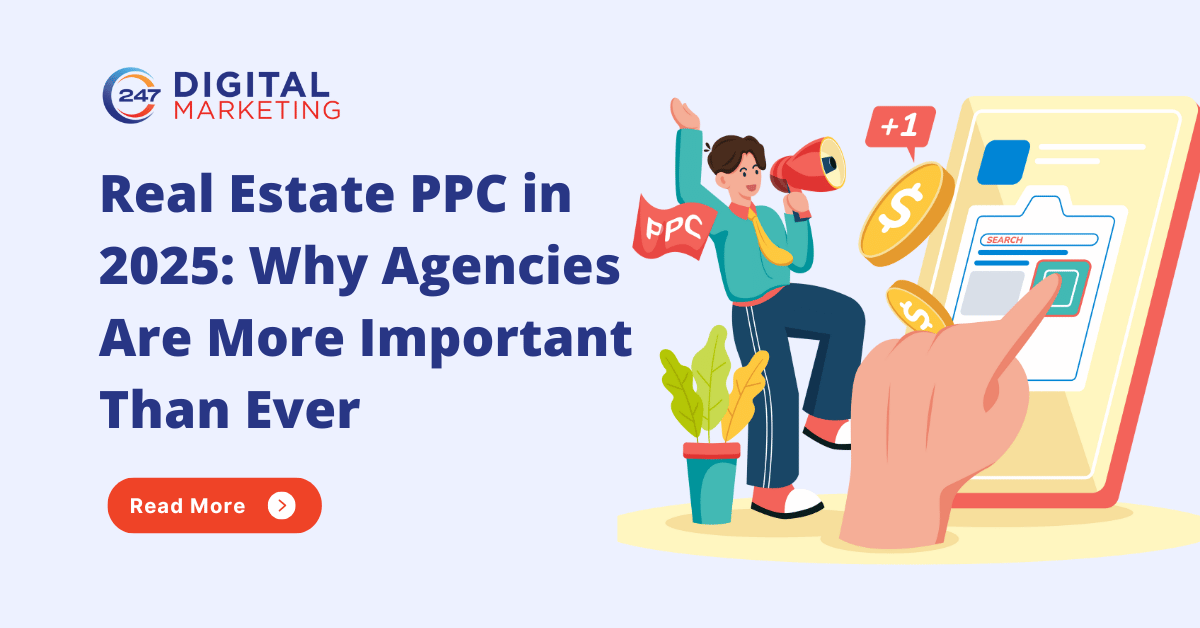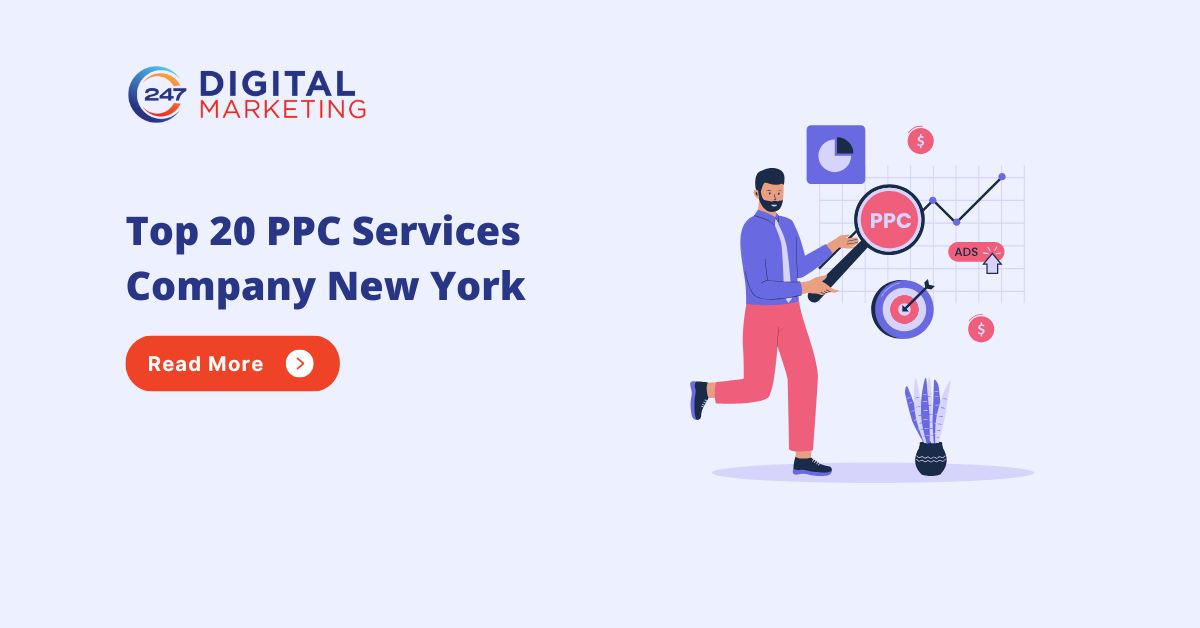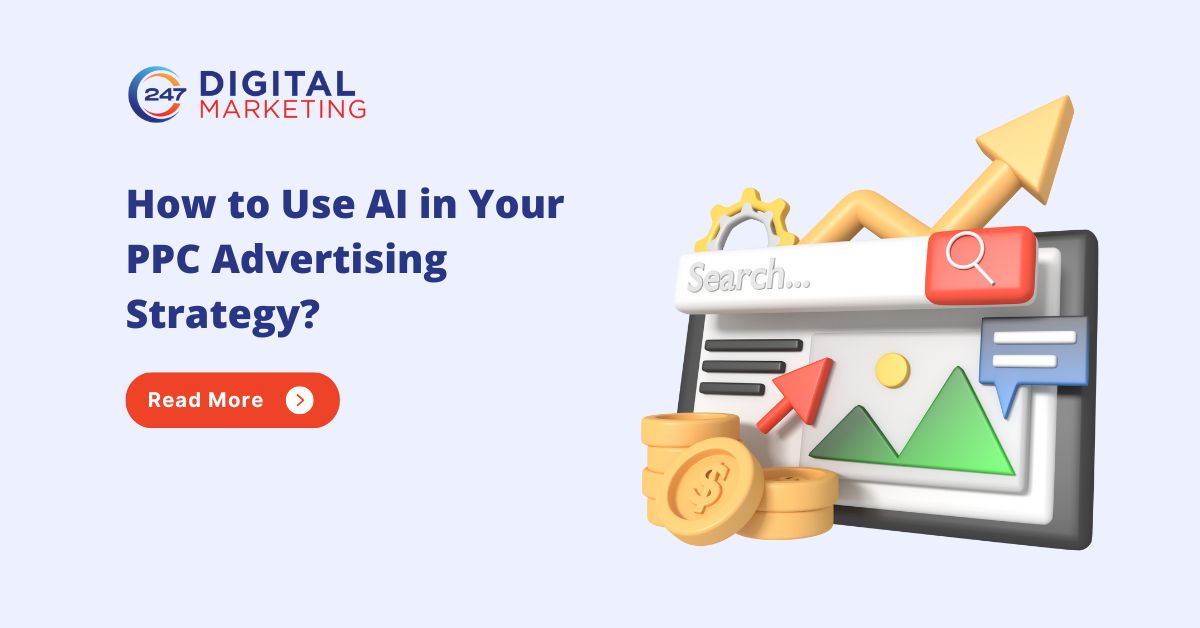PPC Ads for Beauty Companies: Driving Growth and Visibility in a Competitive Market

The beauty industry is one of the most vibrant and fast-growing sectors in the world. From skincare and cosmetics to haircare and wellness products, beauty brands face fierce competition every day. Standing out in such a crowded marketplace requires more than a stunning product line or a visually appealing website. Today’s consumers spend a significant amount of time online researching, comparing, and shopping for beauty products, which is why pay-per-click (PPC) advertising has become an indispensable tool for beauty companies aiming to capture attention and drive sales.
PPC advertising gives beauty businesses the ability to place their products and services directly in front of their target audience at the exact moment they’re searching for related solutions. Whether it’s a consumer looking for a cruelty-free lipstick or a salon searching for professional-grade skincare products, PPC campaigns can help brands reach them instantly. Let’s explore how beauty companies can harness the power of PPC ads to maximize their visibility, increase sales, and grow their market presence.
Why PPC Matters for Beauty Brands:
Unlike organic marketing strategies, PPC ads offer immediate visibility and measurable results. With PPC, beauty companies pay only when someone clicks on their ad, making it a cost-effective way to drive targeted traffic to their website. This “pay for performance” model ensures that your budget is spent on users who are actively interested in your products or services.
Beauty consumers are often driven by trends and instant gratification. A well-placed PPC ad can help you reach potential customers who are ready to purchase, such as those searching for “best hydrating serum” or “organic face masks.” The ability to appear at the top of search results for these queries gives your brand a competitive edge and ensures you capture valuable traffic before your competitors do.
Crafting Effective PPC Campaigns:
Running a successful PPC campaign requires more than just placing ads online. It begins with understanding your audience. For beauty companies, this often means segmenting potential customers based on demographics, interests, and purchasing habits. For example, targeting skincare enthusiasts with ads for a new anti-aging cream is more effective than running broad, generic ads.
The next step is keyword research. Choosing the right keywords ensures that your ads appear for relevant searches. A combination of high-intent keywords like “buy vegan mascara online” and broader, trend-related phrases such as “summer makeup trends” can help you capture both immediate buyers and those exploring their options. Compelling ad copy with clear calls-to-action (CTAs), such as “Shop Now” or “Discover Your Perfect Shade,” further encourages clicks and conversions.
The Role of Visual Appeal:
Beauty is a highly visual industry, and your PPC campaigns should reflect that. Platforms like Google Ads, YouTube, and social media channels such as Instagram and TikTok allow advertisers to incorporate images and videos into their campaigns. High-quality visuals showcasing your products can make your ads more enticing and memorable.
Consider using video ads to demonstrate product application, before-and-after transformations, or customer testimonials. This not only boosts engagement but also builds trust among potential buyers. In a market where aesthetics are everything, visually appealing ads can be the difference between a skipped impression and a successful click.
Budgeting and Bidding Strategies:
Setting an appropriate budget is key to maximizing the return on your PPC campaigns. Beauty companies can start small, test different ad sets, and gradually scale up based on performance. Platforms like Google Ads and Facebook Ads allow flexible budgeting, enabling you to adjust spending in real-time based on what’s working.
When it comes to bidding strategies, options like cost-per-click (CPC) or cost-per-acquisition (CPA) can be tailored to your specific goals. For example, if your primary objective is to drive website traffic, CPC might be ideal. If you’re focused on actual sales or sign-ups, CPA bidding ensures you pay only for valuable conversions.
Leveraging PPC for Different Business Models:
PPC isn’t limited to direct-to-consumer (D2C) beauty brands. It can also play a crucial role in generating b2b leads for beauty companies that supply products to salons, spas, or retailers. For instance, a manufacturer of professional haircare equipment can run targeted campaigns to reach salon owners searching for wholesale deals. By tailoring messaging and landing pages to appeal to business buyers, PPC ads can effectively connect suppliers with industry professionals who are ready to purchase in bulk.
Retargeting for Maximum Impact:
Not every potential customer will make a purchase on their first visit. That’s where retargeting comes in. Retargeting campaigns display ads to users who have previously visited your website or interacted with your brand but haven’t yet converted. This gentle reminder can nudge them back to complete their purchase, especially when paired with limited-time offers or discounts.
For beauty companies, retargeting can be highly effective in promoting products that consumers typically research before buying, such as high-end skincare treatments or premium hair tools. By staying top-of-mind, you increase the likelihood of turning casual browsers into loyal customers.
Integrating PPC with Broader Marketing Efforts:
While PPC ads are powerful on their own, their impact is even greater when integrated with a holistic marketing strategy. Combining PPC with email campaigns, social media engagement, and influencer partnerships creates a seamless brand experience that attracts and retains customers. For example, running PPC ads to promote a limited-edition product while simultaneously showcasing it on Instagram can create a sense of urgency and drive higher conversions.
Professional digital marketing services can help beauty companies manage this integration efficiently. From optimizing ad spend to designing cohesive campaigns across multiple platforms, experts ensure that every aspect of your marketing strategy works together to deliver maximum results. Partnering with a skilled agency can also free up time for beauty entrepreneurs to focus on product development and customer relationships.
Measuring PPC Performance:
One of the biggest advantages of PPC advertising is its measurability. Platforms provide detailed analytics on metrics like click-through rates (CTR), cost per click, and conversion rates, allowing beauty companies to track their return on investment (ROI) with precision. By analyzing these metrics, you can identify which keywords, visuals, and ad placements are driving the best results.
Regular testing is essential. A/B testing different ad headlines, visuals, or landing page designs can reveal valuable insights into consumer behavior. Over time, these optimizations ensure that your campaigns become more cost-effective and impactful.
Staying Ahead of Trends:
The beauty industry thrives on trends, and PPC campaigns offer the flexibility to adapt quickly. Whether it’s a sudden surge in demand for “clean beauty” products or a viral makeup technique, PPC ads can be adjusted in real-time to capitalize on emerging interests. This agility allows beauty companies to stay relevant and capture opportunities as they arise.
Monitoring competitor activity is also crucial. By keeping an eye on what other beauty brands are promoting, you can identify gaps in the market or new keywords to target. Staying proactive ensures your campaigns remain competitive in a constantly evolving industry.
Building Long-Term Relationships:
While PPC campaigns are excellent for driving immediate sales, they can also play a role in fostering long-term customer relationships. Directing users to sign up for newsletters, loyalty programs, or exclusive offers through your ads can help you build a database of engaged customers. Over time, these connections translate into repeat purchases and brand advocacy.
Beauty companies can further enhance loyalty by using PPC to promote educational content, such as skincare routines or product usage tips. By providing value beyond the initial sale, you position your brand as a trusted resource in the customer’s beauty journey.
Final Thoughts:
For beauty companies seeking to thrive in an increasingly digital marketplace, PPC advertising offers a powerful way to reach the right audience at the right time. From driving direct sales to generating business leads, PPC provides flexibility, speed, and measurable results that few other marketing channels can match.
By focusing on strategic targeting, visually appealing creatives, and ongoing performance analysis, beauty brands can make PPC a cornerstone of their growth strategy. Whether you’re a startup introducing your first product line or an established brand looking to expand your market share, PPC advertising can help you shine in a crowded beauty industry.
Mitesh Patel is the co-founder of 247 Digital Marketing, LawFirm Marketing and a columnist. He helps companies like Emerson and other top Fortune 500 compnies to grow their revenue.





